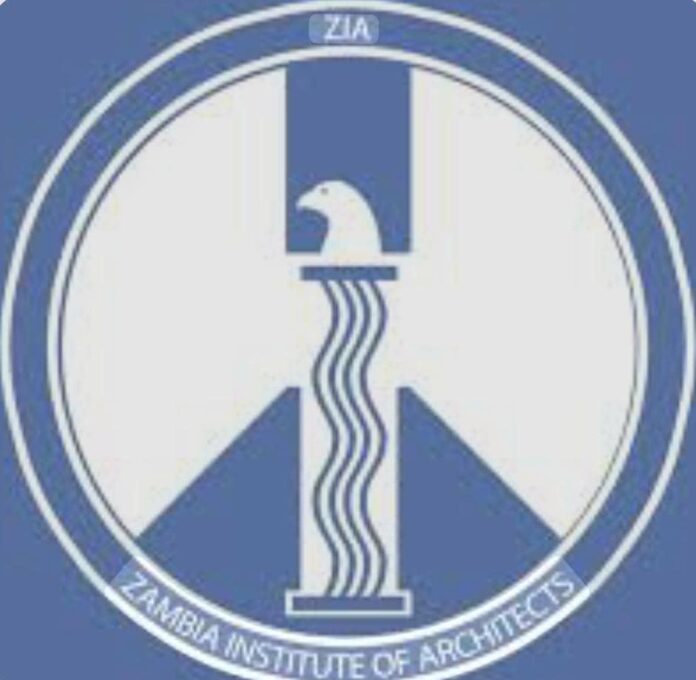The Zambia Institute of Architects (ZIA) is set to sign a bilateral Mutual Recognition Agreement (MRA) with the South African Council for Architectural Professionals (SACAP), a move expected to ease cross border practice and strengthen professional standards in the construction industry.
In a press statement, ZIA President Musunka Silungwe said the talks with SACAP are intended to harmonize regulations and raise professional standards across both countries.
“These engagements present a great opportunity for growth at both national and regional level, and these MRAs are the building blocks of that growth,” he said.
Silungwe said the negotiations are part of broader Southern African Development Community (SADC) efforts to create MRAs for professionals.
He said that the move is been supported by Zambia’s Ministry of Commerce, Trade and Industry, the SADC Secretariat, and South Africa’s Department of Trade, Industry and Competition (DTIC).
Silungwe said that Zambia stands to benefit from structured collaboration with South Africa’s more developed construction market.
“We want to move away from hit and run consultancy services and ensure that knowledge and skills are transferred in a sustainable manner between the two countries,” he said.
He added that the proposed deal would also strengthen accountability which will enable members work lawfully there by translating into growth of the markets for both parties.
“A unified code of conduct will make it possible for sanctions to apply in both the host country and the country of origin. This ensures our members conduct their business lawfully and ethically,” Silungwe said.
Silungwe further pointed out that Zambia could learn from South Africa’s housing models to address rapid urban growth.
“The same banks financing world class developments in Sandton and Rosebank are also operating in Zambia, we need is a seamless rollout of such financing models to support affordable housing for our emerging middle class,” he said.
He said the agreement will boost investor confidence, ensure safer infrastructure, and improve oversight after controversies such as the Society House Business Park, which was condemned despite being designed by professionals from both countries.

